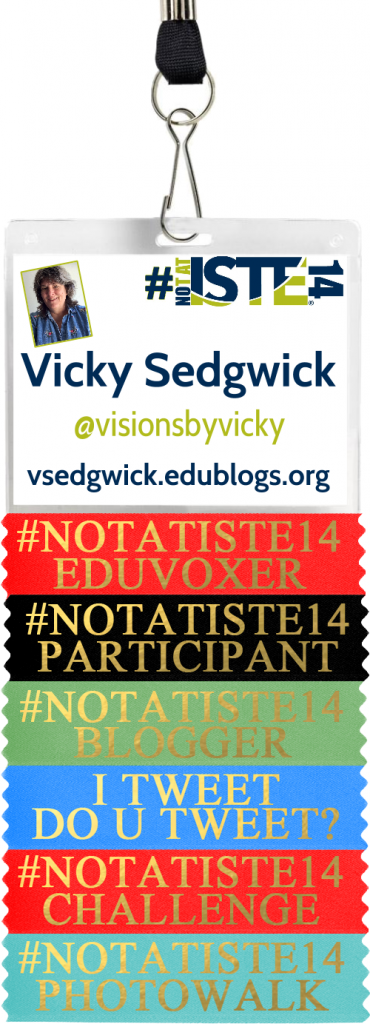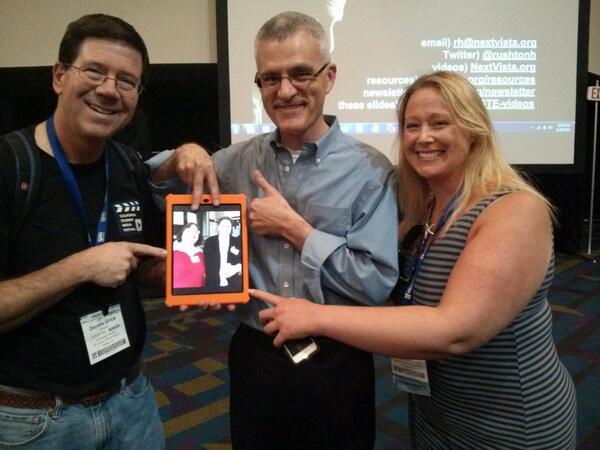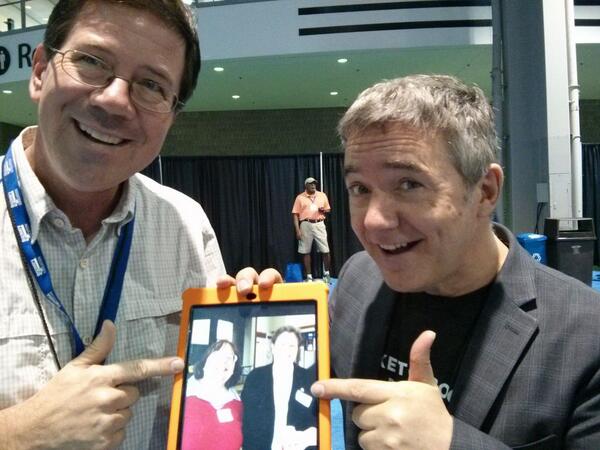What Does 40K + Get You?
NOTE: This post is not about educational technology – apologies to my blog readers for the vent that follows.
What does over $40K in tuition at a well respected, college preparatory, high school get you? Well, in this case, it got a recent high school graduate the opportunity to take a remedial course in order to be deemed ready for college level English.
The local community college requires entrance exams for new students to make sure they are ready for college level work. I get this. I really do. There are students that really aren’t prepared but shouldn’t a local community college know the quality of work from local high schools? Shouldn’t grades and transcripts from those schools matter? What if someone doesn’t test well or what if the student is unaware of a time limit until there isn’t time to finish the test? Most importantly, how can an entrance exam that requires no writing samples determine that someone needs to be in a class on how to write college essays?
I’m not sure how, but apparently it does and the student in question is now taking a class in how to write paragraphs and MLA formatted essays. This student has been writing paragraphs since elementary school, essays (though not always MLA formatted) since at least middle school, and MLA formatted essays all through high school. Why has no one asked to see samples of writing?
To add to this, the class in question was full, as were all 4 sections of this class being offered. In order to get in, the student had to go and request permission to be let in. Apparently there were 40-50 others doing the same thing and 5-7 were let into each section. How crazy is that? What are the rest of those students going to do? If they can’t take this class, they can’t start to take the required English classes, which are also full, by the way. I get that budgets have been cut at community colleges but each of those students would be paying about $150 to take the course and there were enough that needed it for at least one more section, if not two. Why aren’t more sections being offered? They would support themselves.
Guess we’re in for a bumpy ride at community college.


